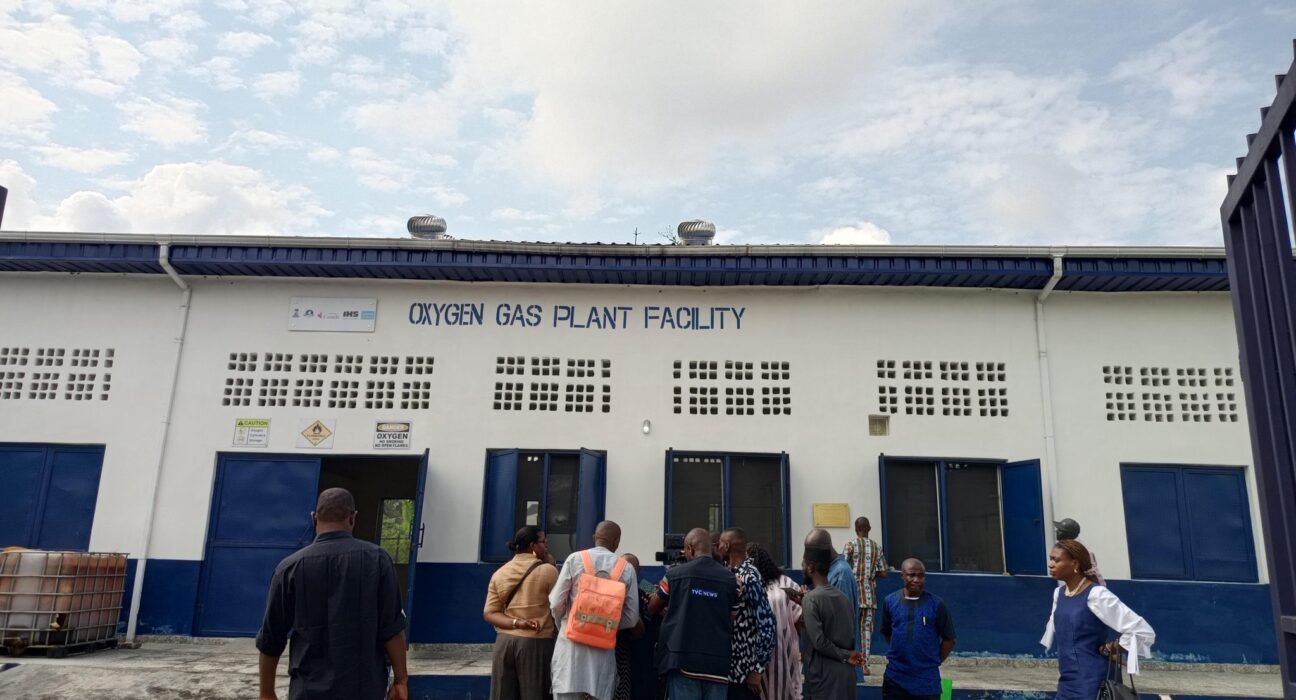In December 2024, the Child’s Rights Bureau of the Federal Ministry of Information and National Orientation, in collaboration with UNICEF, organized a media dialogue in Calabar. Themed “Sick, Small Newborns, and Zero-Dose Children,” the event aimed to assess progress toward Sustainable Development Goal (SDG) 3.2, which targets ending preventable deaths of newborns and children under five by 2030.
Global and National Commitments to Newborn Survival
The Every Newborn Action Plan (ENAP)—a global initiative led by UNICEF and the World Health Organization (WHO)—was launched in 2014 and endorsed by 194 countries to reduce newborn mortality to 12 or fewer deaths per 1,000 live births by 2030. To achieve this, countries must adapt and implement policies at national and district levels that focus on maternal and child health.
Key global and national targets include:
- Antenatal care: 90% of countries should ensure that at least 70% of pregnant women attend four or more antenatal care visits.
- Skilled birth attendance: 90% of countries should have at least 80% of births attended by trained health personnel.
- Postnatal care: 90% of countries should ensure that at least 60% of mothers and newborns receive routine postnatal care within two days of birth.
- Specialized newborn care: 80% of countries should implement newborn care plans, ensuring at least one Level-2 inpatient unit (for sick and small newborns) in at least half of the country.
At the sub-national level, districts should meet similar benchmarks:
- At least 70% of pregnant women should receive four or more antenatal visits.
- At least 80% of births should be attended by skilled health personnel.
- At least 60% of mothers and newborns should receive early postnatal care.
- At least one Level-2 inpatient unit per district should provide advanced care, including respiratory support for newborns.
Nigeria’s Approach to Ending Preventable Newborn Deaths
The Nigeria Every Newborn Action Plan (NENAP) is the country’s response to this challenge, focusing on:
- Expanding essential newborn care at community and facility levels.
- Upgrading Level-1 newborn corners in primary healthcare centers.
- Establishing Level-2 Special Baby Care Units (SBCUs) in secondary healthcare facilities.
UNICEF’s Progress Tracking in Cross River
During the Calabar media dialogue, UNICEF Nigeria’s Health Manager, Mr. Martin Dohlsten, highlighted Nigeria’s alarming newborn mortality rates:
- Nigeria ranks second globally in under-five mortality and first in newborn deaths in West and Central Africa (UNICEF, 2021).
- To meet SDG 3.2, Nigeria must accelerate its child mortality reduction rate from 1.8% to 16.5% annually, potentially saving 3.6 million children by 2030.
Dohlsten emphasized three critical interventions:
- Encouraging mothers to utilize Primary Healthcare Centers (PHCs).
- Strengthening PHC capacity to deliver high-quality care.
- Prioritizing immunization to prevent common childhood diseases.
He noted that while 67% of pregnant women attend at least one antenatal visit, only 57% receive four or more visits, highlighting a significant gap in maternal care.
The Role of Immunization in Child Survival
Dr. Olusoji Akinleye, UNICEF Health Specialist (Enugu Field Office), underscored the crucial role of immunization in reducing child mortality. He noted a decline in vaccination rates over the past five years, which has contributed to an increase in preventable diseases.
Akinleye highlighted that zero-dose children (those who have never received a single vaccine) are often from low-income households, where factors like poverty, maternal education, and lack of access to healthcare services affect immunization uptake.
He stressed the need for:
- Increasing awareness and access to vaccination.
- Strengthening community outreach programs.
- Integrating immunization services with broader maternal and child health initiatives.
Progress and Challenges in Cross River
Dr. Vivien Otu, Director General, Akwa Ibom State Primary Healthcare Development Board, reported significant progress in revitalizing healthcare infrastructure:
- Governor Prince Bassey Otu allocated ₦100 million in counterpart funding for the IMPACT Project, aimed at strengthening PHCs.
- The first phase of the project will renovate 82 facilities (out of 196), equipping them with solar power and water supply.
- Over time, the project aims to ensure at least one fully functional PHC per ward in Cross River State.
However, the state still faces major challenges:
- Over 80,000 children remain unvaccinated, many of whom are refugees from Cameroon or children born to Traditional Birth Attendants (TBAs).
- Vaccine stockouts and low awareness among mothers contribute to missed immunization opportunities.
To address these gaps, the state is expanding outreach programs and conducting community sensitization campaigns.
Healthcare Staffing and Training Gaps
Dr. Otu identified funding constraints as a major obstacle to hiring and training healthcare workers.
- While UNICEF has supported training efforts, resources were only sufficient for the northern and central parts of the state, leaving the southern region underserved.
- The state government is working with partners like the National Primary Healthcare Development Board and Doctors Without Borders to recruit and train more healthcare workers.
Conclusion
Efforts to track and improve child health in Cross River are making progress, but challenges remain in staffing, immunization, and healthcare accessibility. Achieving SDG 3.2 by 2030 will require continued investment in maternal and child health, community engagement, and strengthened healthcare infrastructure.




